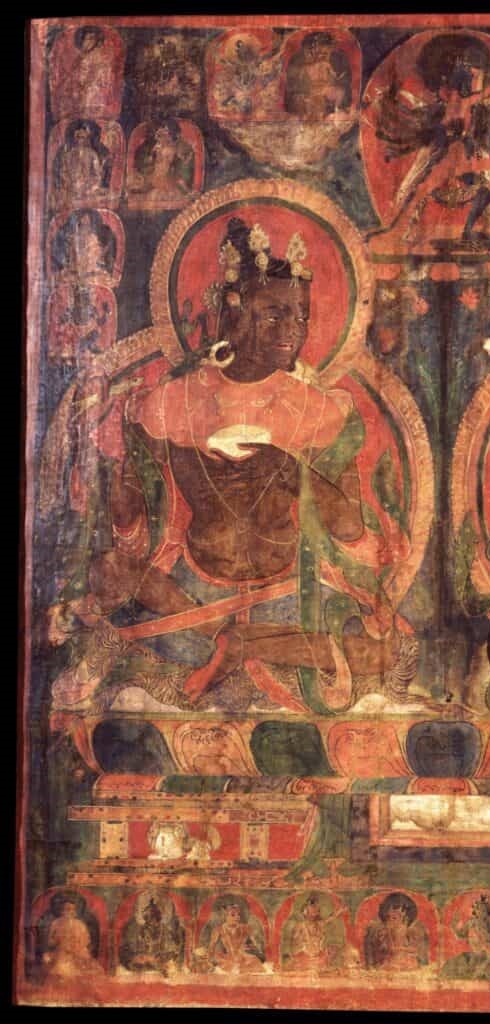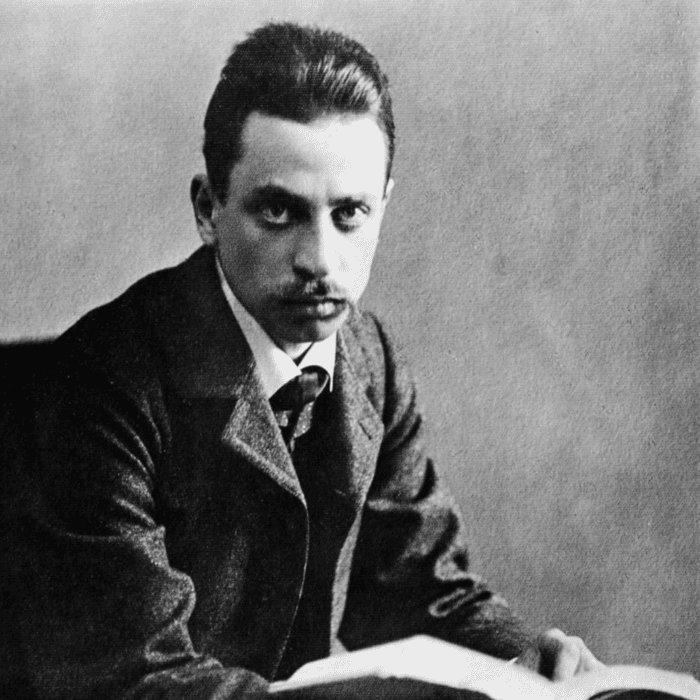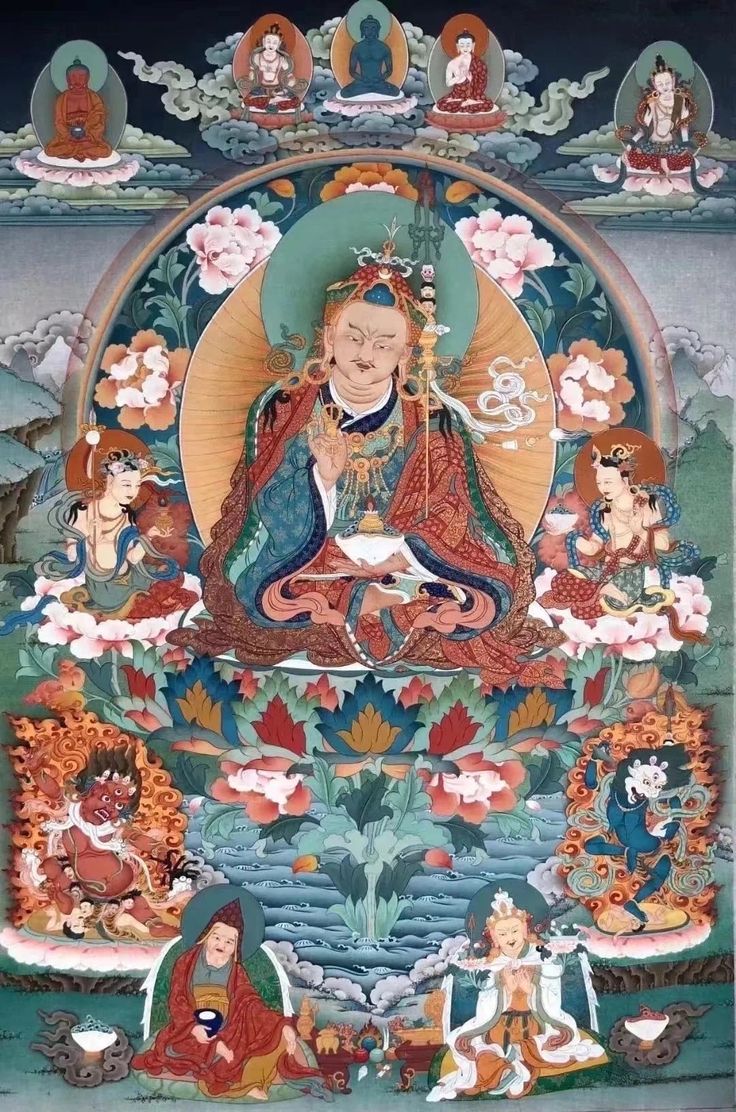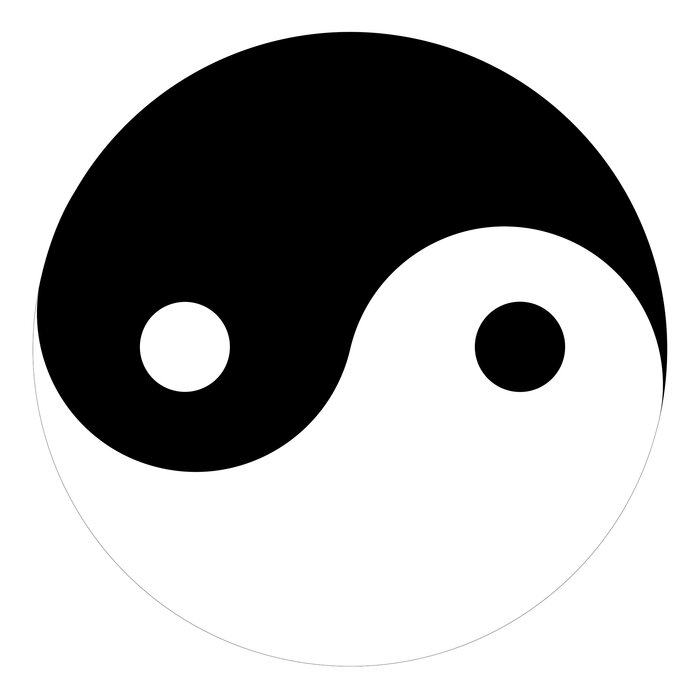Reflections on Phukong Tulku Rinpoche – My only thought is of my Lama
My only thought is of my Lama. My only prayer is to realize Oneness with his Buddha mind. I have no other practice Than following the natural flow, freely enjoying The sublime freedom of nonaction. Meditation beyond fixation, Aimless and free from all constrictions and limitations, Mingling my mind with his In the wisdom of […]
Reflections on Phukong Tulku Rinpoche – My only thought is of my Lama Read Post »






